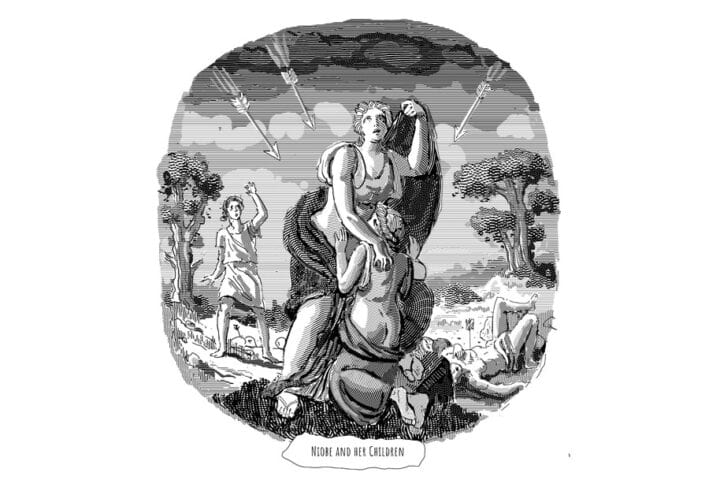Using history as a mirror I try by whatever means I can to improve my own life and to model it by the standard of all that is best in those whose lives I write. As a result I feel as though I were conversing and indeed living with them; by means of history I receive each one of them in turn, welcome and entertain them as guests and consider their stature and their qualities and select from their actions the most authoritative and the best with a view to getting to know them. What greater pleasure could one enjoy than this or what more efficacious in improving one’s own character?
—Plutarch, life of Timoleon
Like most ancient authors, Plutarch is at best a half-remembered name to most people today, even—maybe especially—to most college-educated people. Naturally, CRB readers are an exception. You know that Plutarch was a Greek biographer and moral philosopher who wrote, among other things, a famous series of “parallel lives” comparing various important Greek and Roman figures.
Perhaps, like me, you first learned about Plutarch from reading the notes to Shakespeare’s Julius Caesar, Antony and Cleopatra, Timon of Athens, and Coriolanus, the four plays for which the Bard drew heavily upon Plutarch, who had only recently been translated into English.



